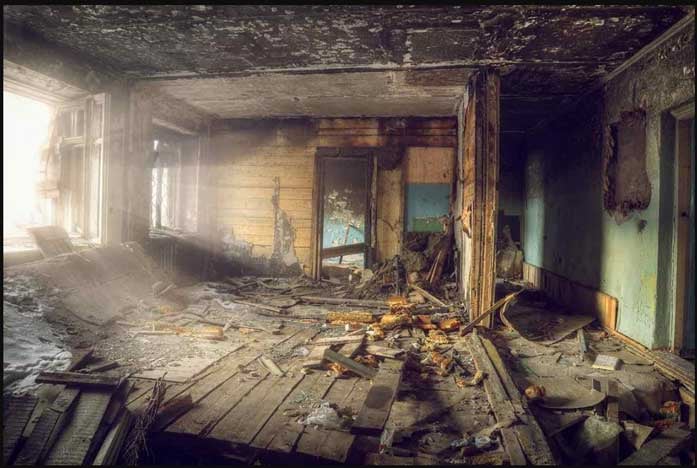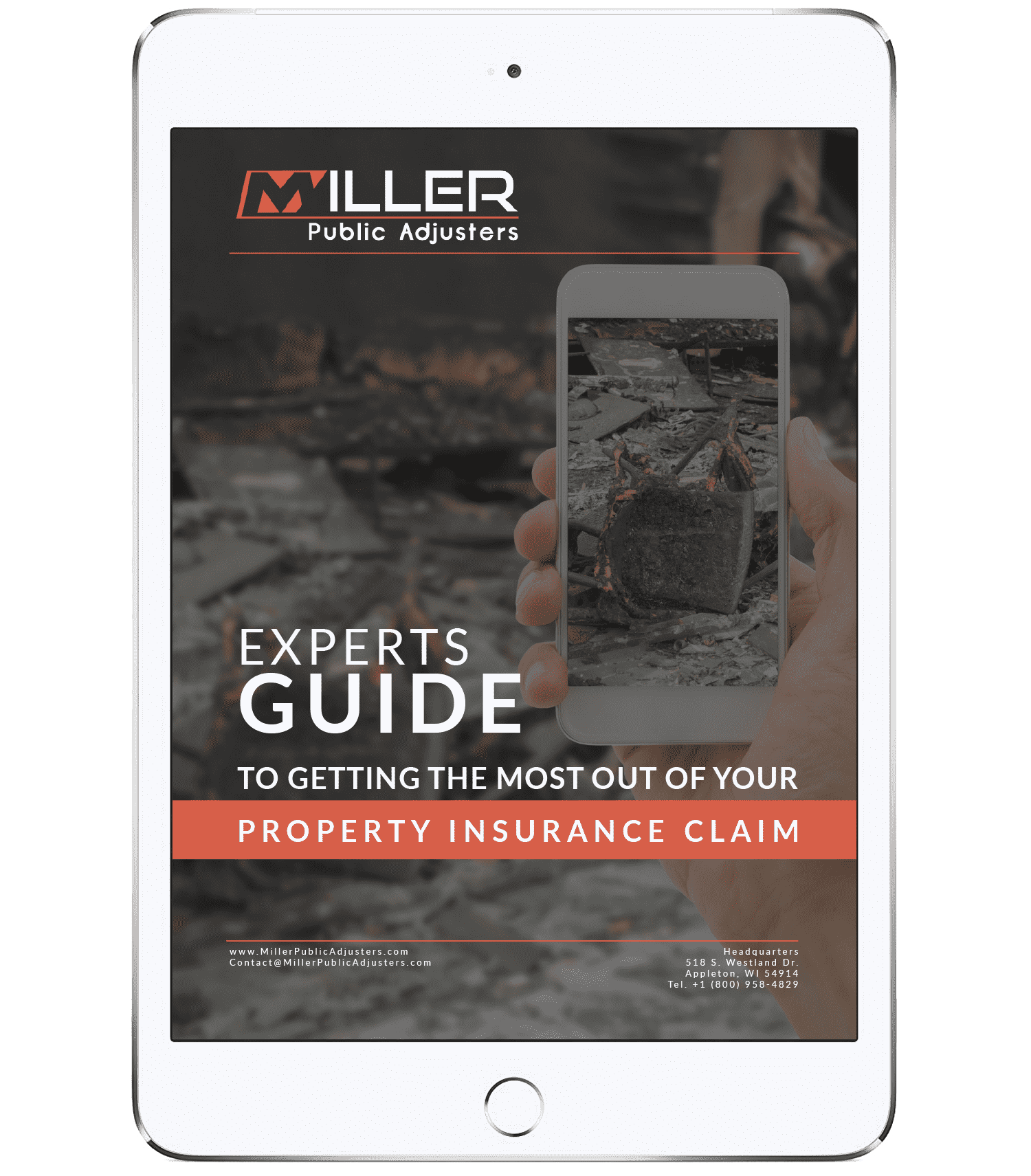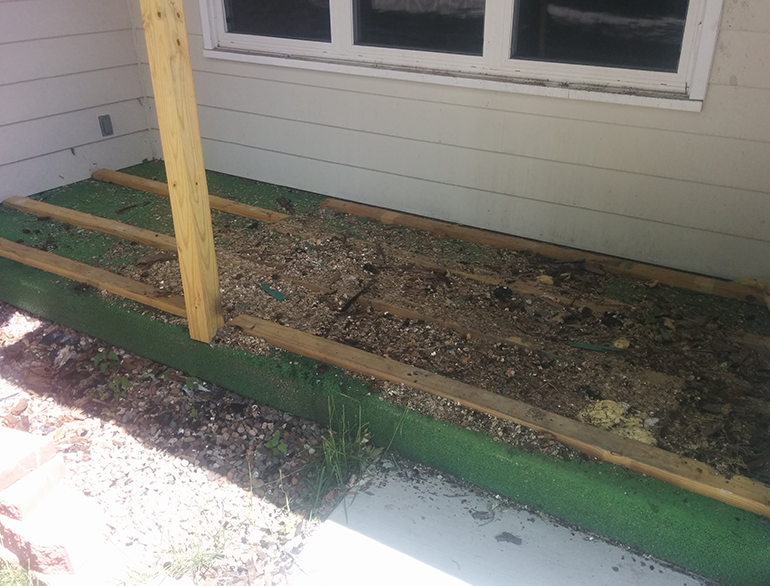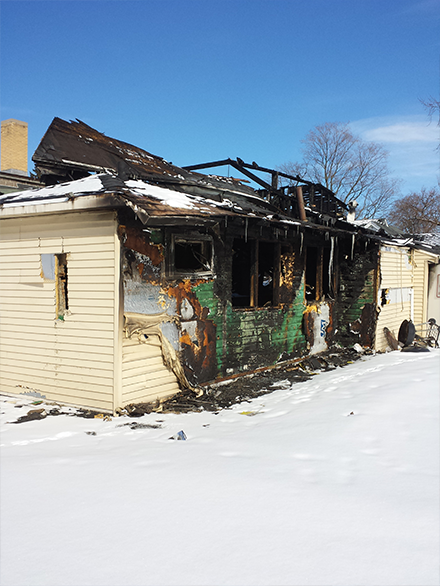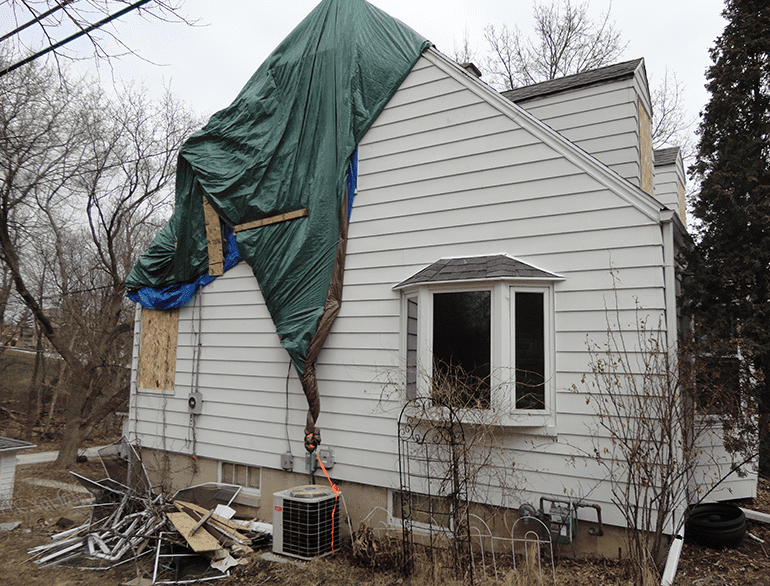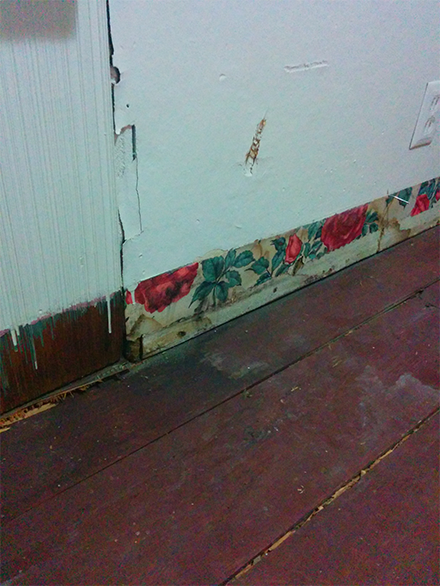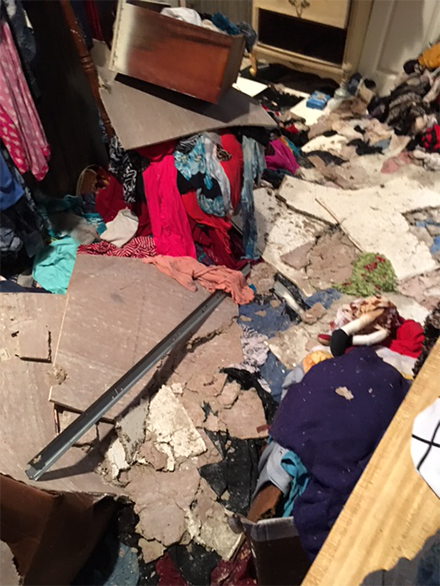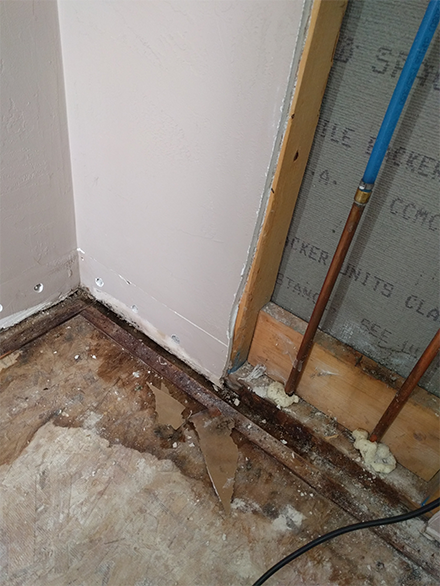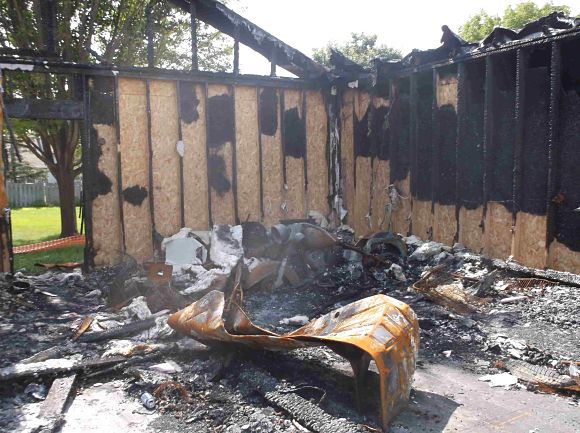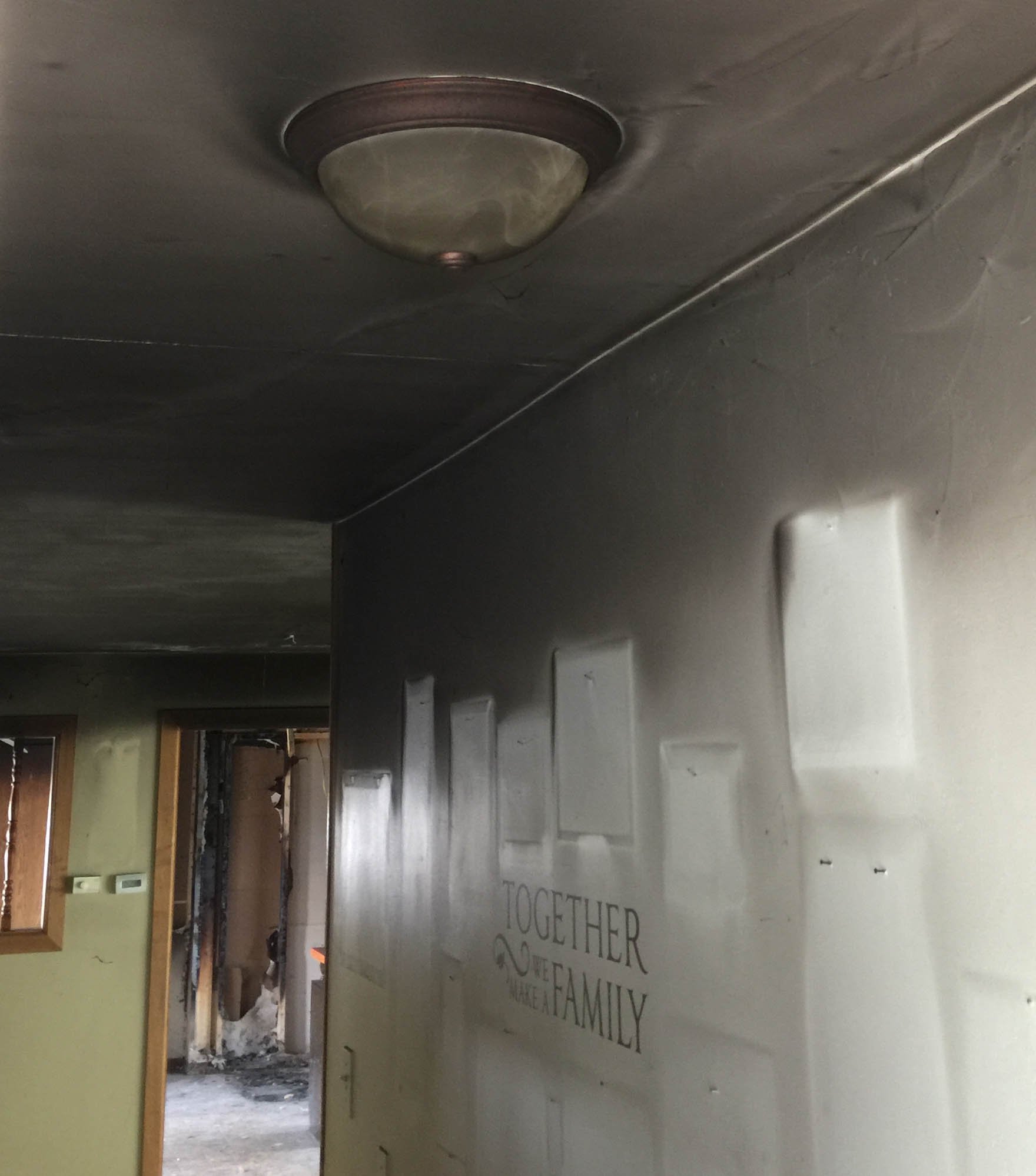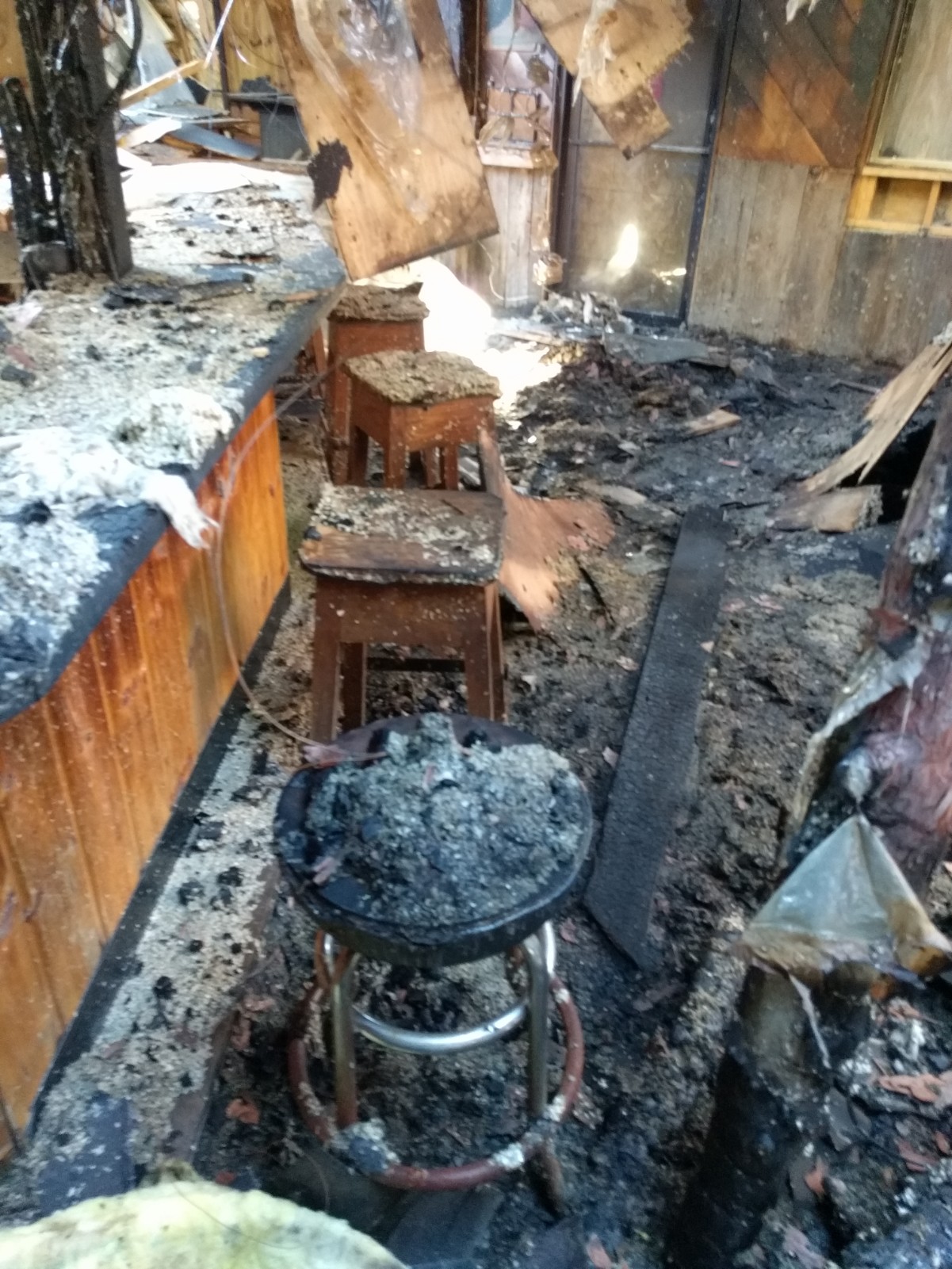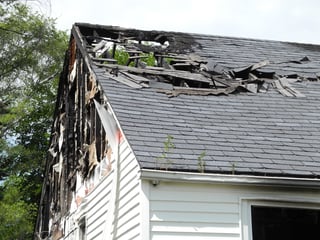
When you purchased your insurance policy, your agent and insurance company probably didn’t cover all the details about what may or may not be covered. Many insureds find out only after they've suffered a loss. Agents often focus only on exchanging enough information to get underwriter approval and keeping the premiums down. They also know you are not an insurance professional and don't have the time, energy, or expertise to sort through insurance policy lingo to figure coverage issues out for yourself.
Unfortunately, you probably won’t know exactly what is or isn’t covered by your homeowners insurance policy until you file and insurance claim. That’s when the insurance company adjuster might analyze any coverage issues and send you a “We regret to inform you…” letter, telling you what they can’t pay and why.
What might not be covered
No policy covers everything, but some policy provisions could affect your claim more than you might imagine. It’s important to know what each major covered peril, exclusion or condition means to you. Here are a few to consider.
Underinsurance
If you fail to maintain an insurance limit in an amount that’s least 80% of your home’s replacement cost, you might be penalized and receive a payment based on a the actual coverage to actual value proportion you had in effect at the time of your claim.
Policy exclusions with surprising definitions
Most policies exclude most types of Water damage, Mold, Asbestos, Water Back-up or Seepage, Government Action, War or “warlike” action, Power Failures and others. The way Homeowners Policies define these exclusions eliminates coverage for far more situations than the exclusion name might indicate.
Neglect
The "Duties After a Loss" section requires you to protect your property from further damage. If you don't, the "Neglect" exclusion might trigger a denial of coverage for property you failed to protect.
Depreciated value for personal belongings
Unless you have a policy that insures your building and contents on a replacement cost basis. The insurance company will apply a depreciation factor and pay your personal property claim based on actual cash value.
Know the differences in Homeowners policy forms
If uncovered losses might mean you will take a financial hit, you should get to know your Homeowners insurance options before you sign on the dotted line. If you don't have time to analyze the available policy forms. Keep in mind that even the broadest policies exclude high-risk perils, such as War, Flood, etc.
HO2 - Named perils coverage for building and contents. If the peril isn’t listed, it’s not covered.
HO 3 - All risk coverage (If it’s not excluded it’s covered) for building and named perils for contents. War, Flood, and a few other perils are still excluded.
HO5 - All risk coverage for building and contents. War, Flood, and a few other perils are not covered.
HO8 - Covers older homes for 11 listed perils. Building damage is paid based on actual cash value.
Don't be blindsided
Instead of being surprised by coverage issues at a time when you’re most vulnerable, it’s important to learn the issues ahead of time. When you know what your policy won’t cover, you can make better decisions.
- Ask for the broadest homeowners policy you can afford.
- Make sure you add in the proper endorsements that cover sump pump failure, mold, etc.
- Ask about an endorsement to broaden coverage.
- Set up a fund to pay for the critical items your insurance company can’t or won’t cover.
- Consider hiring a public adjuster to handle your claim and coverage issues.
Miller Public Adjusters currently serves the states of
Wisconsin - Florida - Illinois - Indiana - Michigan - Minnesota - Texas
Call us 24 hours a day at (800)958-4829 to schedule an appointment or
please fill out a Free Claim Review to see if we can help.
.png)


